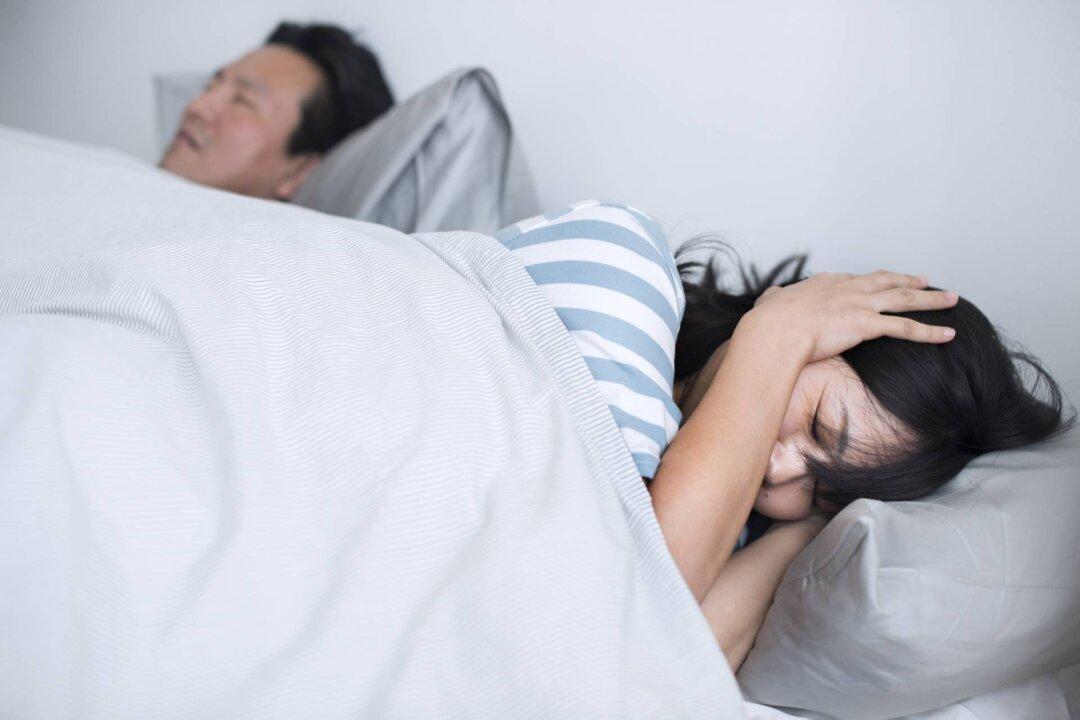More than 700 million vaccine doses have been administered in China; but so far, the Chinese regime has not announced any vaccine-related deaths, although 80 deaths occurred after vaccination in Hong Kong where the same Chinese vaccine was shipped.
In the meantime, the Hong Kong government just announced that it would no longer count post-vaccination deaths that do not have a strong correlation to COVID-19 vaccines. And this has raised a lot of eyebrows. A virology expert said that a phase 3 clinical trial of the Chinese vaccines has two major problems.




